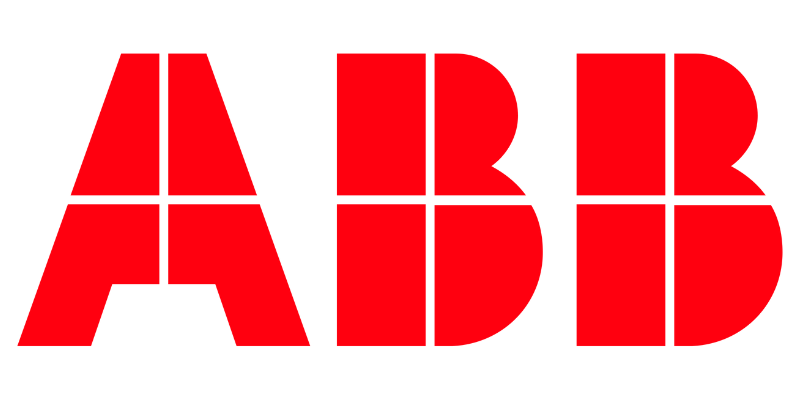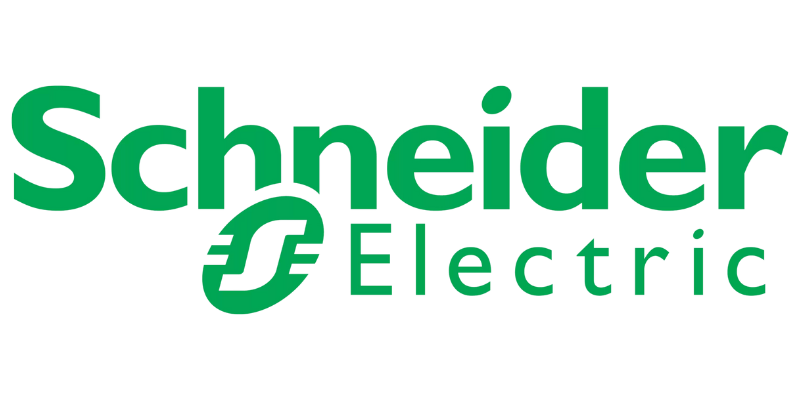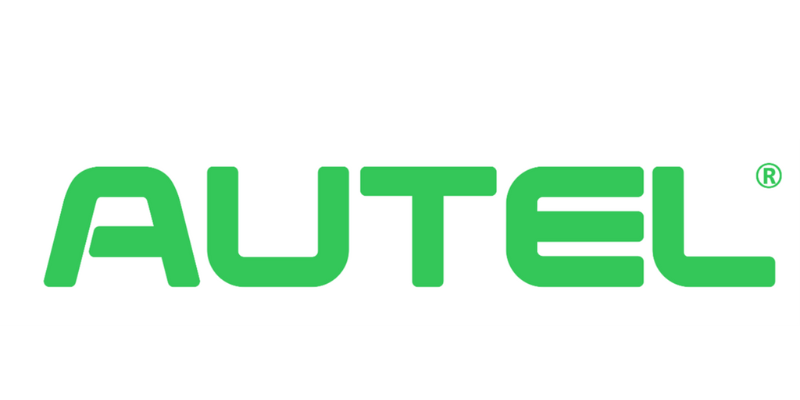System administration software
The average time to fill a fuel tank for an internal combustion engine vehicle is two minutes, according to the American Petroleum Institute. Swiss startup Morand developed new battery technology to help charge electric vehicles in an extremely short time, comparable to the time it takes to refuel an internal combustion engine vehicle at a gas station, Interesting Engineering reported on November 22.The average time to fill a fuel tank for an internal combustion engine vehicle is two minutes, according to the American Petroleum Institute. Swiss startup Morand developed new battery technology to help charge electric vehicles in an extremely short time, comparable to the time it takes to refuel an internal combustion engine vehicle at a gas station, Interesting Engineering reported on November 22.
The new technology, called eTechnology, is a hybrid system that uses technology from traditional batteries and supercapacitors, promising to help motivate people to use electric vehicles. Another benefit of the new technology is that it has a much longer lifespan than the lithium-ion batteries commonly used in electric vehicles.
In testing, eTechnology's 7.2 kWh prototype was able to charge to 80% in just 72 seconds, 98% in 120 seconds and 100% in 2.5 minutes at 900 A or 360 kW. The 100-kWh-plus batteries in the world's longest-range electric vehicles can't charge that fast, but according to Morand, the new technology is well suited for small city cars, such as the Citroën. Ami with 5.5 kWh battery. This technology could also be useful for drones and electric bicycles that require fast charging.
Morand estimates that a 6 Ah battery electric bike can charge in 6 minutes at a lower rate of 3.2 kW using the new technology. That could significantly boost e-bike adoption, reduce reliance on buying spare batteries and make e-bikes a more viable option for many people.
The team of experts at Morand tested the eTechnology prototype for more than 50,000 cycles and confirmed that the technology shows the potential to maintain capacity through more charge/discharge cycles than traditional lithium-ion batteries. The new technology also operates effectively in extreme temperatures, something electric vehicle batteries typically cannot do.
Morand is working with a partner to bring eTechnology to market. Initially, it will likely be more expensive than lithium-ion batteries, but Morand aims to scale up production to reduce costs in the future.


In testing, eTechnology's 7.2 kWh prototype was able to charge to 80% in just 72 seconds, 98% in 120 seconds and 100% in 2.5 minutes at 900 A or 360 kW. The 100-kWh-plus batteries in the world's longest-range electric vehicles can't charge that fast, but according to Morand, the new technology is well suited for small city cars, such as the Citroën. Ami with 5.5 kWh battery. This technology could also be useful for drones and electric bicycles that require fast charging.
Morand estimates that a 6 Ah battery electric bike can charge in 6 minutes at a lower rate of 3.2 kW using the new technology. That could significantly boost e-bike adoption, reduce reliance on buying spare batteries and make e-bikes a more viable option for many people.
The team of experts at Morand tested the eTechnology prototype for more than 50,000 cycles and confirmed that the technology shows the potential to maintain capacity through more charge/discharge cycles than traditional lithium-ion batteries. The new technology also operates effectively in extreme temperatures, something electric vehicle batteries typically cannot do.

 Vietnamese
Vietnamese


















